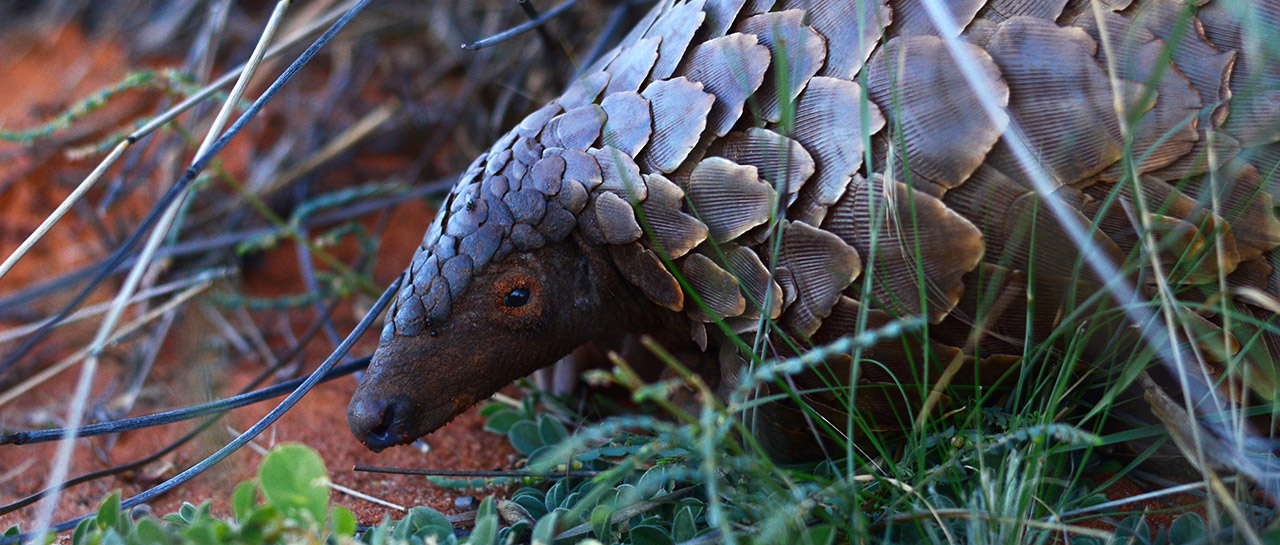Combating Wildlife Trafficking Learning Group
The CWT Learning Group is focused on building a knowledge base around how best to build capacity for law enforcement, reduce consumer demand, and improve community engagement to combat wildlife crime.
USAID has a long history of support for efforts to combat wildlife trafficking (CWT).
Among the many strategic approaches employed by USAID to combat wildlife trafficking and outlined in the Agency's Measuring Efforts to Combat Wildlife Crime Toolkit, USAID's learning group members chose three for special attention for the CWT Learning Group based on their frequency in USAID programming: (a) reducing consumer demand through behavior change methodologies, (b) building capacity for effective enforcement and prosecution, and (c) increasing community conservation action and support to combat wildlife trafficking. A 2022 Learning Agenda Update includes new questions on supporting transboundary and interagency collaboration, the role of corruption in CWT, and connections with other nature crimes. These strategic approaches are defined by development hypotheses (theories of change), as well as a combined hypothesis that, if implemented, will increase the risks for wildlife criminals and reduce profits from wildlife trafficking, which will then reduce overall wildlife crime, leading to improved biodiversity conservation results.
The CWT Learning Group will support cross-mission collaboration and sharing of experiences, apply lessons learned, and build the evidence base for these approaches.


